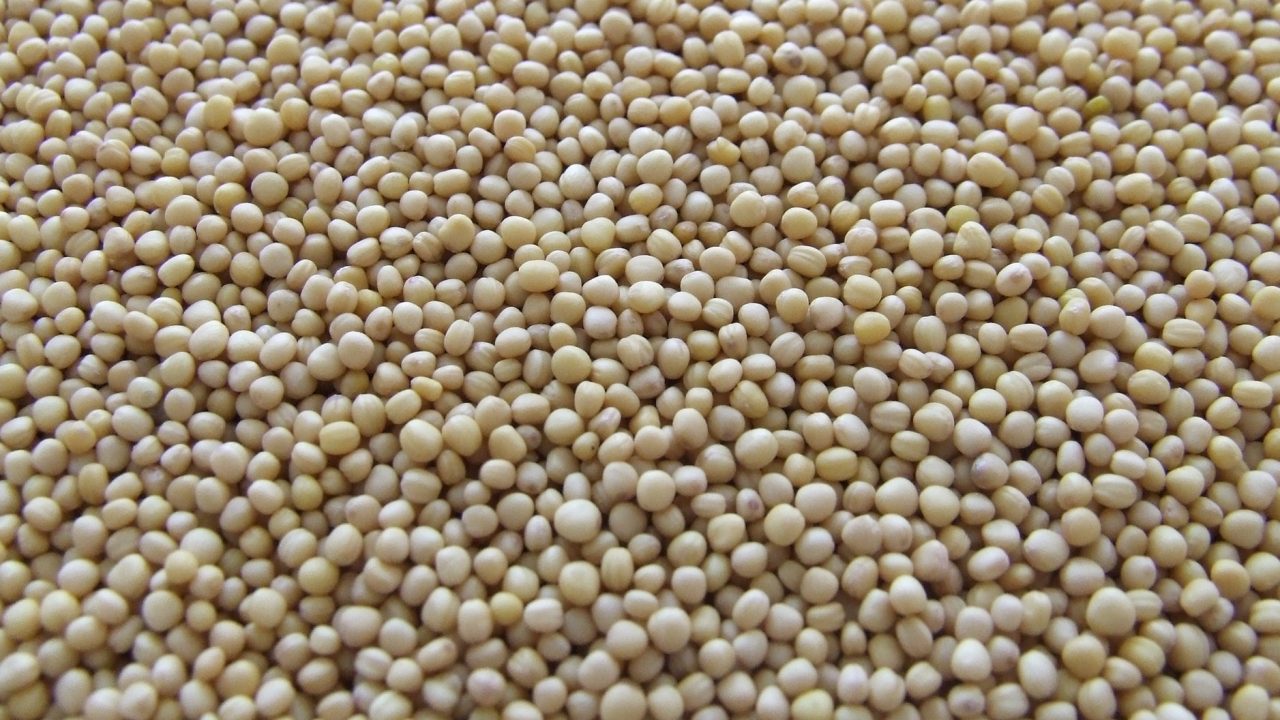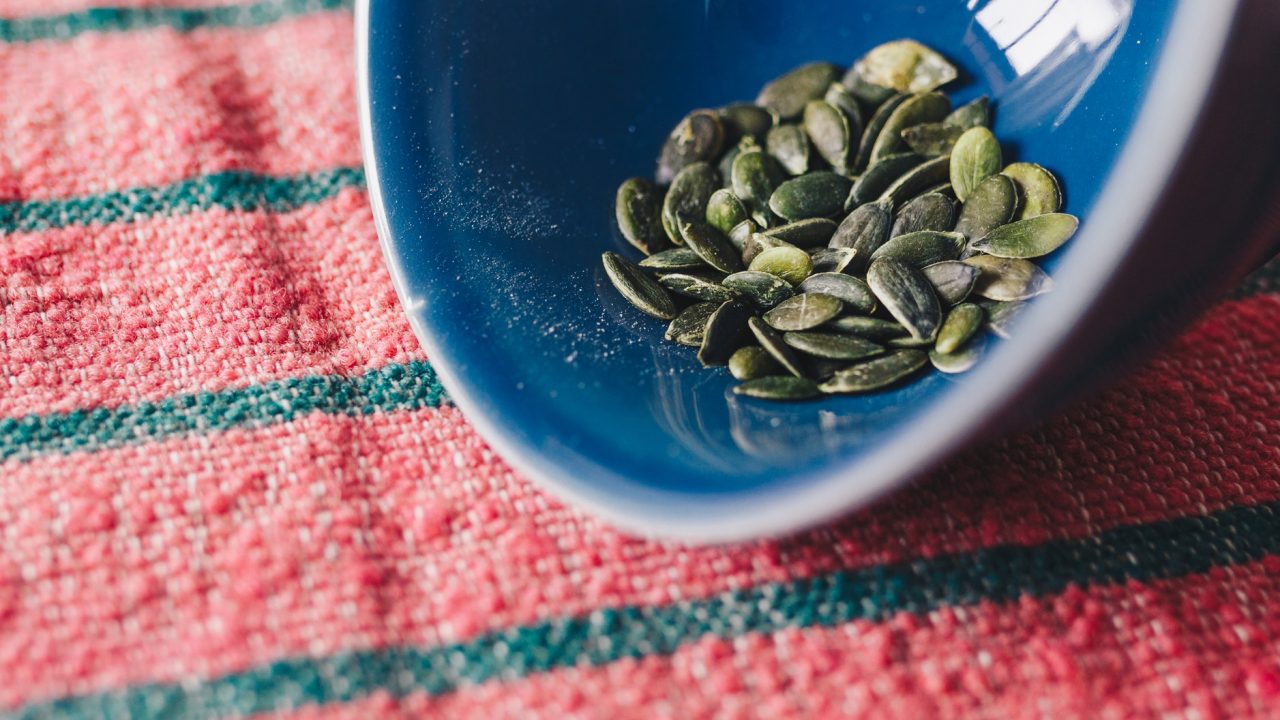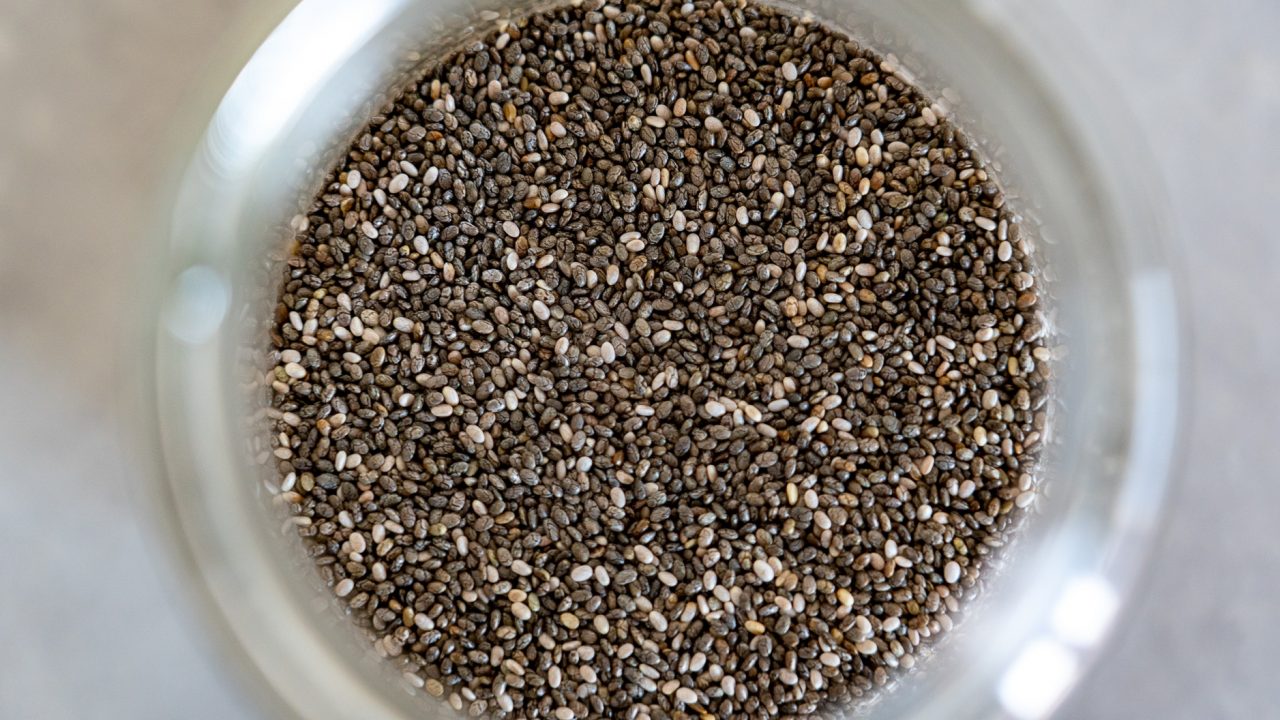Is Whey Protein Vegan?
For vegans, getting adequate protein in their diet is one of the most common concerns. Supplementing with protein powders is an option, but most protein powders are derived from animal protein.
The most popular protein supplement, whey protein, is derived from milk and is, therefore, not vegan. Fortunately for vegans, there are plant sources of high-quality protein that pack the same nutrient punch as whey.

Can You Meet Your Protein Needs as a Vegan from Plant-Based Proteins?
Most plant proteins are incomplete proteins, which means they don’t contain optimal levels of all essential amino acids for proper protein synthesis in the body. But you can make up for this lack by loading up on different varieties of plant proteins, both through foods and protein powder supplements.
Good quality vegan protein powders typically contain at least 25 grams of protein per serving. The three main sources of vegan protein powder are soy, pea, and hemp. Pumpkin seed, brown rice, sunflower seed, chia, and sacha inchi seed are other common sources.
Best Options for Vegan Protein Powder
Soy Protein
Soy protein is one of the few plant proteins that contain all essential amino acids. Depending on the brand, a ¼ cup serving of soy protein isolate contains at least 22 grams of protein and 95 calories. Additionally, soy contains high levels of branched-chain amino acids (BCAAs) leucine, isoleucine, and valine – which support muscle strength and growth. It also has other beneficial compounds that may help reduce cholesterol levels.
Protein isolate from soy, however, is usually derived from a genetically modified (GM) variety. And soy is also a known food allergen. If you are not allergic to soy, make sure that you choose a protein powder brand that uses non-GM soy.

Pea Protein
Pea protein powder is derived from yellow split peas, which have a higher protein content than green peas. A ¼ cup serving contains at least 21 grams of protein and 100 calories. Like soy, it is loaded with BCAAs; but ss a legume, pea protein is low in methionine, one of the essential amino acids. Individuals who want to bulk up, vegan or otherwise, can substitute pea protein for whey as it provides similar muscle gain benefits.
Hemp Protein
Hemp protein powder comes from a hemp seed variety that contains trace amounts of THC – the euphoric compound that is also present in marijuana. So consuming this protein powder will not make you high. A ¼ cup of hemp protein has about 12 grams of protein and 108 calories, plus fiber, iron, zinc, magnesium, and alpha-linolenic acid (ALA). Hemp is an incomplete protein, being low in lysine.
Pumpkin Seed Protein
Pumpkin seeds have a high protein and healthy fat content; in powder form, most of the fat is eliminated. A ¼ cup contains about 18 grams of protein and 103 calories, as well as iron, magnesium, zinc, and other minerals. Pumpkin seed protein is also an incomplete protein; it has low levels of the essential amino acids lysine and threonine.

Brown Rice Protein
Brown rice protein is also low in lysine, but has adequate levels of BCAAs for muscle building and strength. One study suggests that it has comparable muscle growth benefits with whey protein. A ¼ cup of brown rice protein powder contains around 22 grams of protein and 107 calories. Some rice products, however, may be contaminated with arsenic; choose a brand that specifically tests for the presence of this heavy metal.
Sunflower Seed Protein
Like other plant proteins, sunflower seed protein is low in lysine. A ¼ cup serving contains about 13 grams of protein and 91 calories. As a relatively new source of plant protein, very little is known about the health benefits of sunflower seed, especially when compared with other vegan proteins and with whey protein.
Sacha Inchi Seed/Nut Protein
This is derived from the star-shaped, Peruvian sacha inchi seed. Because the plant is not widely available, there is limited supply of this vegan protein – making it relatively costly, compared to other protein supplements. A ¼ cup serving contains about 17 grams of protein and 120 calories; it is also deficient in lysine but is rich in arginine, which the body needs to make nitric oxide (which helps improve blood flow and lower blood pressure).
Chia Seed Protein
A ¼ cup serving of chia protein powder contains about 10 grams of protein and 50 calories, as well as 8 grams of powder and high levels of biotin and chromium. Compared to raw chia seeds, which is already a popular dietary supplement, chia powder is more easily digestible, which means that the body absorbs more of its amino acids.

Is Vegan Protein as Beneficial as Whey Protein?
While most vegan proteins are lacking in some essential amino acids, they can be just as beneficial for muscle health as whey protein. You can easily fill the amino acid gap by regularly eating a wide variety of plant foods and combining complementary kinds of vegan protein powders.
If you are active physically, and especially if you are doing resistance training, you will have a higher daily protein requirement. Supplementing your vegan diet with more than one kind of vegan protein powder is a must. Make sure you know how much your protein needs are, based on your lifestyle, so you can make more informed dietary choices.
If you’re seriously considering switching to a vegan diet, or are looking to make your vegan lifestyle even healthier, Modern Fit‘s 16-week course offers healthy opportunities that you can adopt for life!


